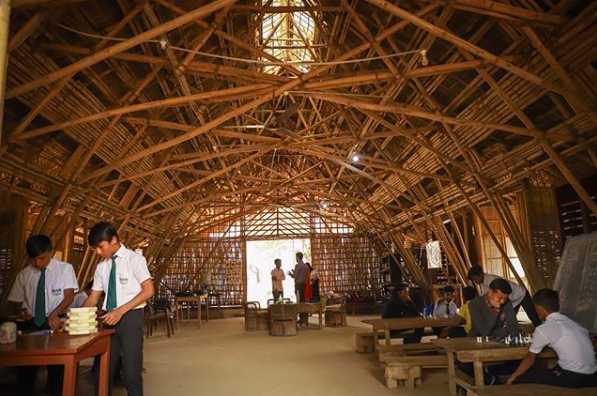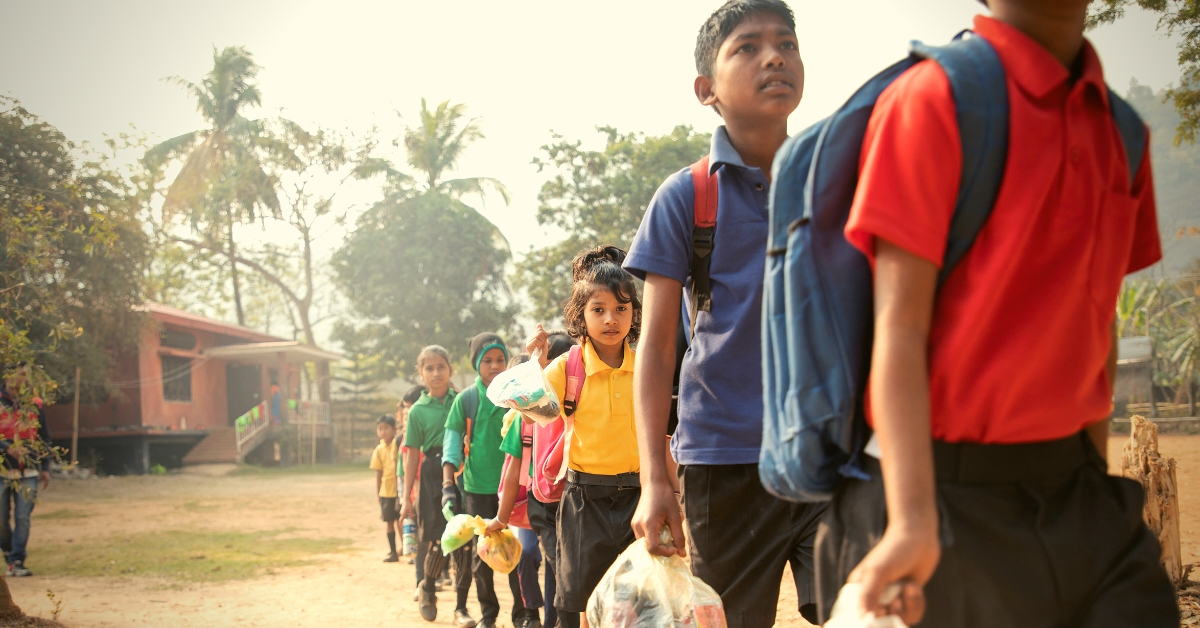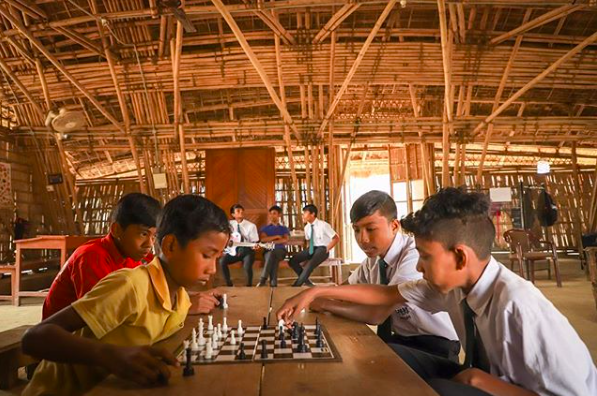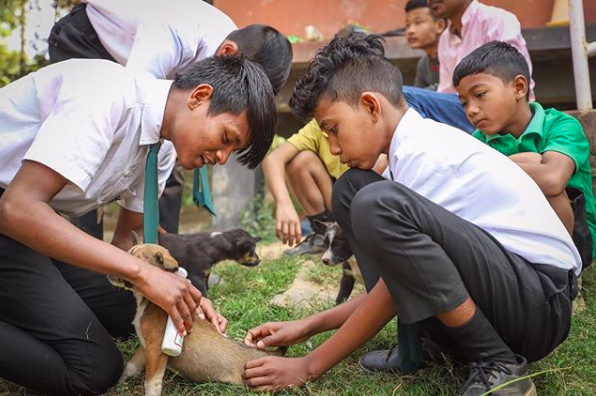This School For Underprivileged Kids Accepts Plastic Waste From Students As Tuition Fees
"The idea is to train students in recognising how to live an eco-friendly life."
A school for underprivileged students in India has found a creative way to solve waste disposal issues in its village and encourage more students to join the school.
It began accepting dry plastic waste as school fees.
Akshar Forum, a school located in the Indian village of Pamohi in Guwahati, recently implemented the new policy in accordance with a recycling programme in January.
The programme involved students collecting plastic waste from nearby houses, segregating them, and repurposing the plastics in different ways
The school that had started with only 20 kids now has over 100 kids between the ages of four years old to 15 years old.
Each child brings in at least 25 items of plastic waste per week as their contribution to their community and the environment.
Recycling household plastic waste in lieu of school fees has cultivated a sense of environmental awareness among the students
"We wanted to start a free school for all, but stumbled upon this idea after we realised a larger social and ecological problem brewing in this area," co-founder Parmita Sarma told The Better India.
"Here it was a norm to burn waste plastic to keep warm. We wanted to change that and so we started to encourage our students to bring their plastic waste as school fees," she added.
"The idea is to train students in recognising how to live an eco-friendly life," Borthakur said, adding that the entire recycling program is carried out by the students from start to finish.
Unlike traditional schools, Akshar does not have age-specific standards or grades, but is based entirely on the knowledge level of students
Without restricting students to a fixed curriculum, Akshar Forum allows students to hone their personal skills and talents in their own capacities.
"The idea behind this is to break open the conventional ideas of education," Parmita said.
"One of the biggest problems with the sector is the relevance of education. These kids needed the right blend of theory and practical knowledge that could enable them enough skills for various job opportunities," Mazin explained.




